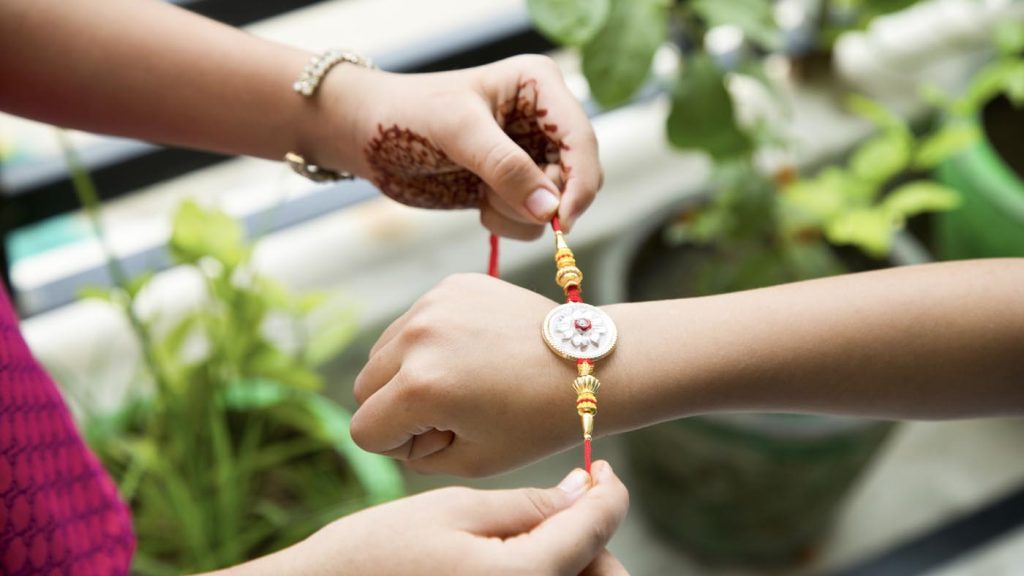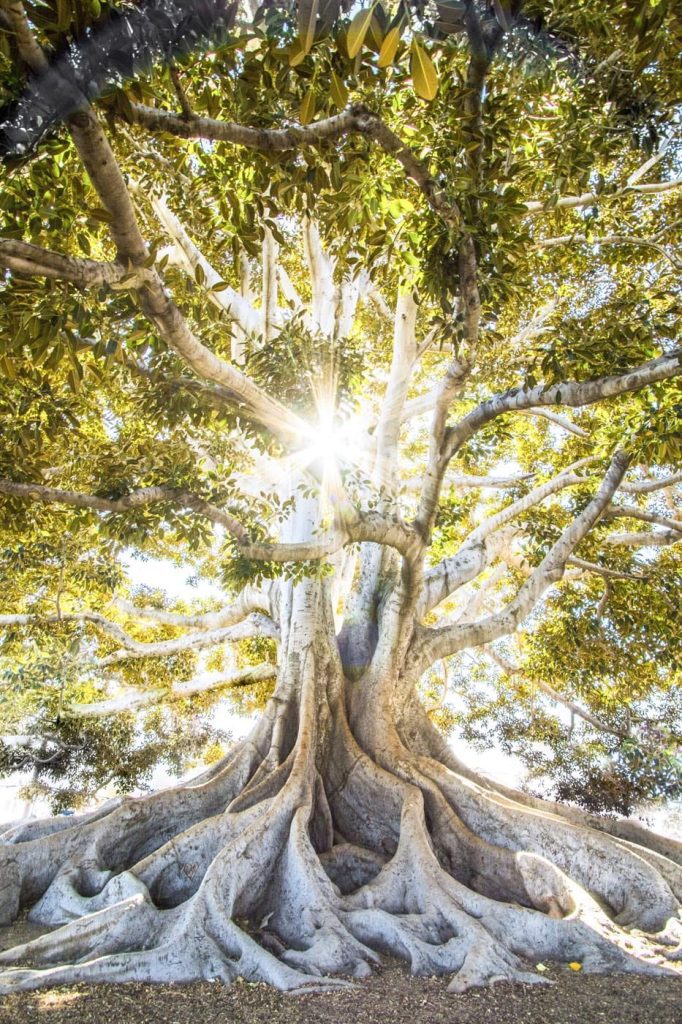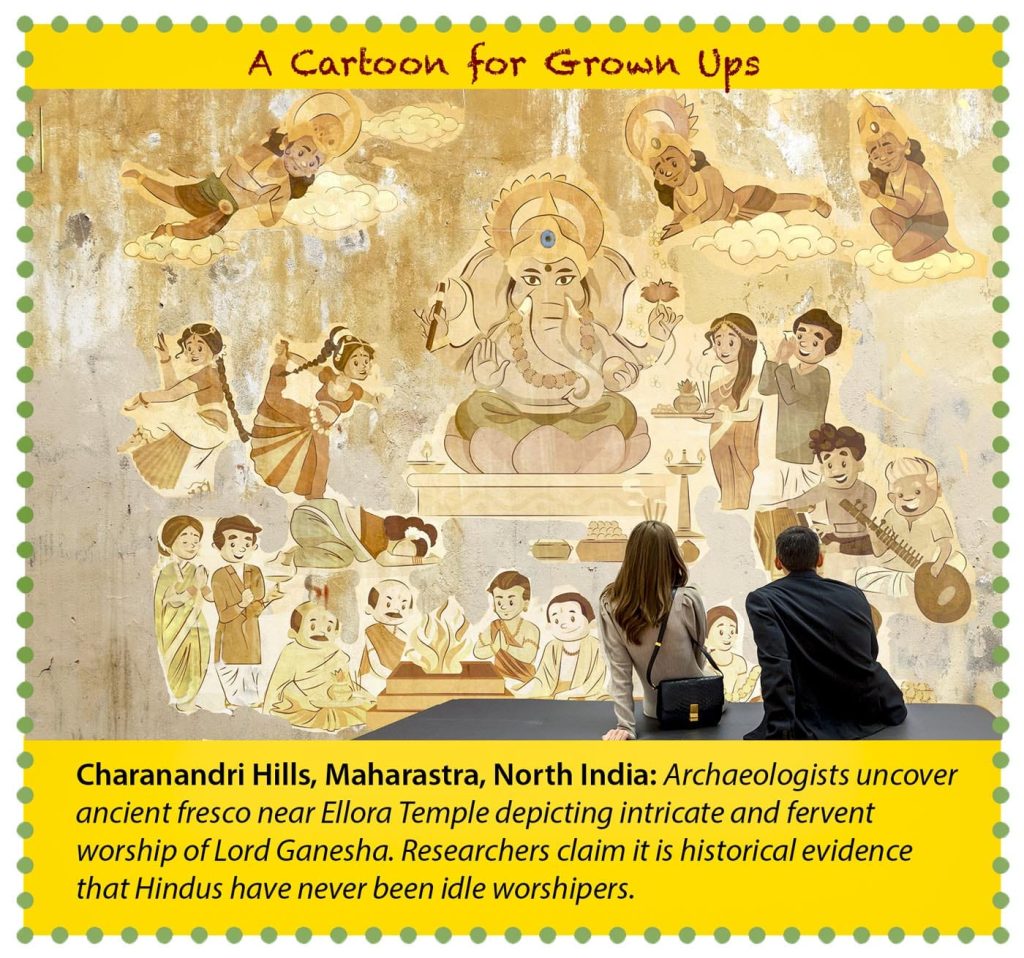“Remain still, with the conviction that the Self shines as
everything yet nothing, within, without and everywhere.”
Sri Ramana Maharshi (1879-1950)
Through devotion to Ishvara, samadhi is attained. Maharishi Patanjali
An evil man is a saint of the future. See good in everything. Destroy the evil-finding quality. Develop the good-finding quality. Rise above good and evil. Swami Sivananda (1887-1963)
The one who plants trees, knowing that he will never sit in their shade, has at least started to understand the meaning of life. Rabindranath Tagore (1861-1941), Bengali poet and philosopher
If you see no reason for giving thanks, the fault lies in yourself. Minquass proverb
There is nothing that wastes the body like worry, and one who has any faith in God should be ashamed to worry about anything whatsoever. Mahatma Gandhi (1869-1948)
Following the path of knowledge without love and devotion is like eating stones. Mata Amritanandamayi, Kerala-based hugging saint
Stand firm and the waves will break. Tongan proverb
The pendulum of the mind oscillates between sense and nonsense, not between right and wrong. Carl Jung (1875-1961), Swiss psychiatrist
Your hand opens and closes, opens and closes. If it were always a fist or always stretched open, you would be paralyzed. Your deepest presence is in every small contracting and expanding, the two as beautifully balanced and coordinated as birds’ wings. Rumi (1207-1273), Sufi mystic and poet
Accomplish but do not boast, accomplish without show, accomplish without arrogance, accomplish without grabbing, accomplish without forcing. Lao Tzu (4th century bce), author of the Tao Te Ching
When you have completed 95 percent of your journey, you are halfway there. Japanese proverb
Having dispelled all the impressions lingering in the mind, being with contented heart, being free from the three impurities—anava, karma and maya—and firmly rooted in the unassailable notion of nonduality, the sadhaka should always meditate on his own Self which is in total identity with the Supreme Self. Raurava Agama 7.6.16
This All is universal power, of infinite extent and infinite in potency, a God so great that all His parts are infinite. Name any place, and He is already there. Plotinus (204-270 ce), Roman philosopher
The realm of bliss belongs to those who give up their assumed separation from God and seek refuge in His perfections. Swami Omkarananda (1930-2000), founder of Omkarananda Ashram, Rishikesh
How long are you going to wait before you demand the best for yourself? Epictetus (55-135 ce), Stoic philosopher
Guard your self-control as a precious treasure, for there is no greater wealth in life than this. Tirukural 122
Only one task to do here: find out who you are. How do you find out who you are? Dive into silence and see. Satguru Siva Yogaswami (1872-1964), Sri Lankan sage
For all of mankind, no matter where one is on the spiritual path, spiritual advancement comes from improving one’s behavior. Said another way, it comes from learning from one’s mistakes. Satguru Bodhinatha Veylanswami, publisher of Hinduism Today
The individual soul, when mature, can make the leap from the consciousness of space-time-causation into the timeless, causeless, formless Self. This is the ultimate maturing of the soul on this planet. Satguru Sivaya Subramuniyaswami (1927-2001), founder of Hinduism Today
Did you know?
Three Types of Sacred Threads

In hindu culture, the punul, rakhi and kai nool holy threads are rich with intricate spiritual and cultural symbolism. The punul, often worn by young men, signifies an important rite of passage. Similar to the North Indian janeu, the punul marks eligibility to partake in religious rituals, perform sandhya vandanam, and serves as a reminder for wearers to adhere to the spiritual path of sadhana and dharma.
The rakhi thread, central to the annual Raksha Bandhan festival, carries profound meaning. Sisters lovingly tie a rakhi onto their brothers’ wrists as a token of love, blessing and prayers for well-being and prosperity, while the brother reciprocates with a gift and a vow to protect his sister.
The kai nool, which resembles the North Indian mauli or kalava, is tied around the wrist during various ceremonies and festivals to signify protection and divine blessings. Kai nool threads are most prominent in weddings, symbolizing the heartfelt eternal bond between the bride and groom.
The tying of holy threads is an act of sankalpa, the affirmation of a solemn purpose or commitment. Wearing these threads serves as a constant reminder of those commitments. Whether inspiring men to lead righteous lives through the punul, symbolizing protection with the rakhi, or fulfilling a multifaceted role as the sacred kai nool, these threads hold profound significance in life’s pivotal moments and rites of passage.
They represent a rich tapestry of Hindu spiritual and cultural values, providing individuals both with a spiritual anchor and a link to the roots of precious, timeless traditions.
Basics
How Do We Treat the Environment?

The hindu tradition understands that man is not separate from nature, that we are linked by spiritual, psychological and physical bonds with the elements around us. Knowing that the Divine is present everywhere and in all things, Hindus hold a deep reverence for life. We hold an awareness that the great forces of nature—the earth, the water, the fire, the air and space—as well as all the various orders of life, including plants and trees, forests and animals, are bound to each other within life’s cosmic web. Our beloved Earth, so touchingly looked upon in our scriptures as Bhumi Devi, the Earth Goddess, has nurtured mankind through millions of years of growth and evolution. However, the Earth’s large human population, its industries, automobiles and lifestyle are causing significant damage to the environment. As one sixth of the human family, Hindus can have a tremendous impact. We should take the lead in Earth-friendly living, personal frugality, lower power consumption, alternative energy, sustainable food production and vegetarianism. All of Earth’s diversity is to be cared for, from the soil, water and air to the plants and animals of every shape and kind. To achieve this, we practice restraint in the use of Earth’s resources. We do not exploit its minerals, water, fuels or soil. We avoid polluting our blue planet. We work to protect the many endangered plants and animals. We do not buy or use products from exploited species, such as furs, ivory or reptile skin. We recycle paper, glass, metal and plastic and use efficient means of transportation that save on energy. We plant trees and do not waste food. In these ways we express the fundamental Hindu reverence for the Earth and all life upon it.”
Drawn from the teachings of
Satguru Sivaya Subramuniyaswami

Casually being the shining star of existence—everywhere and nowhere.